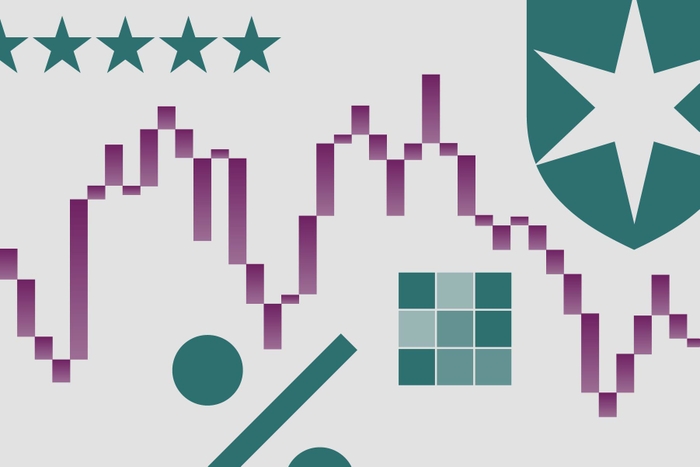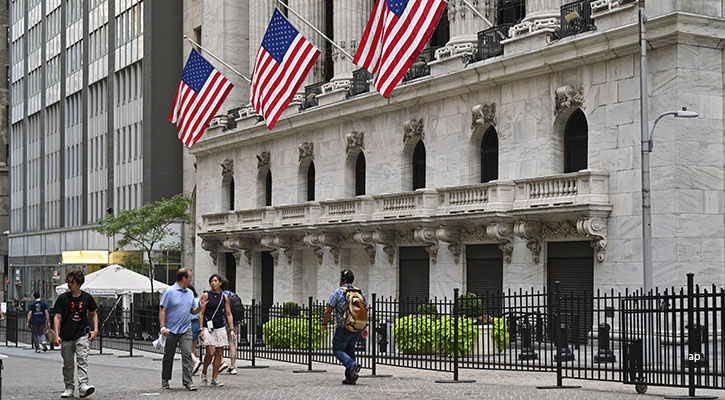Emerging markets have had a rough 2018 and the pain has been disproportionately inflicted on Latin America, where political and economic cracks have emerged in countries like Venezuela.
While Morningstar analysts like emerging markets overall, Latin America falls short of a standalone opportunity. In short, LatAm prices aren't especially attractive relative to all emerging markets given the risk. While market declines have made valuations more attractive in Latin America, it doesn't offer a compelling risk/reward trade-off as a stand-alone investment, in our view.
The region has been cheaper in the past and has offered better return projections. So, while prices have declined, Latin America is coming off a fairly hot streak over the past few years, leaving valuations reasonable but not a bargain. Relative to other emerging-markets regions, Latin America rates less favourably, too. Both emerging Asia and Europe carry more attractive return estimates.
Valuations have improved somewhat, but fundamental risk in the region has not. Although these countries enjoy lower current account deficits, improved trade balances, and somewhat more-contained public debt, Latin America remains cyclical and more commodity-driven than other emerging regions. That cyclicality brings on a greater level of forecast uncertainty and political risk, making visibility in earnings difficult to estimate.
Tech Growth Missed
The region has little to no exposure to secular growth areas of the markets, such as technology and healthcare, for example. This lack of exposure to secular growth industries has held the region back when compared with emerging Asia, which has rallied on the back of its tech and gaming sectors.
Looking at contrarian indicators, outflows have picked up in recent months, but they follow a lengthy period of strong inflows, indicating investors have been enthusiastic about the region over the past two years. We’d need to see outflows pick up more and last longer before we’d see this as a contrarian buy.
While we find the overall emerging markets region relatively attractive, we don't believe Latin American stock markets deserve specific attention from current levels. We would need a more compelling thesis to evolve from our fundamental review, so we’re generally happy to sit this one out.
Twenty years after the Asia crises, the risk of investing in emerging markets is again in the spotlight. Political crises, trade disputes, and environmental disasters are leading investors to re-appraise their exposure to these often volatile assets. It's easy to forget the potential advantages of emerging market assets in these times, as the bad news always appears far more vivid than the good.
This is a known behavioural bias that can distract investors from what's important. To overcome these biases, we need to be disciplined in the way we look at investments and have an effective compass to lead us. Our compass is robust valuation analysis based on fundamentals, and our work on emerging markets leads us to believe the situation is not as bleak as it may appear from the news. In fact, we believe most emerging markets are fundamentally strong despite some exceptional cases.

















